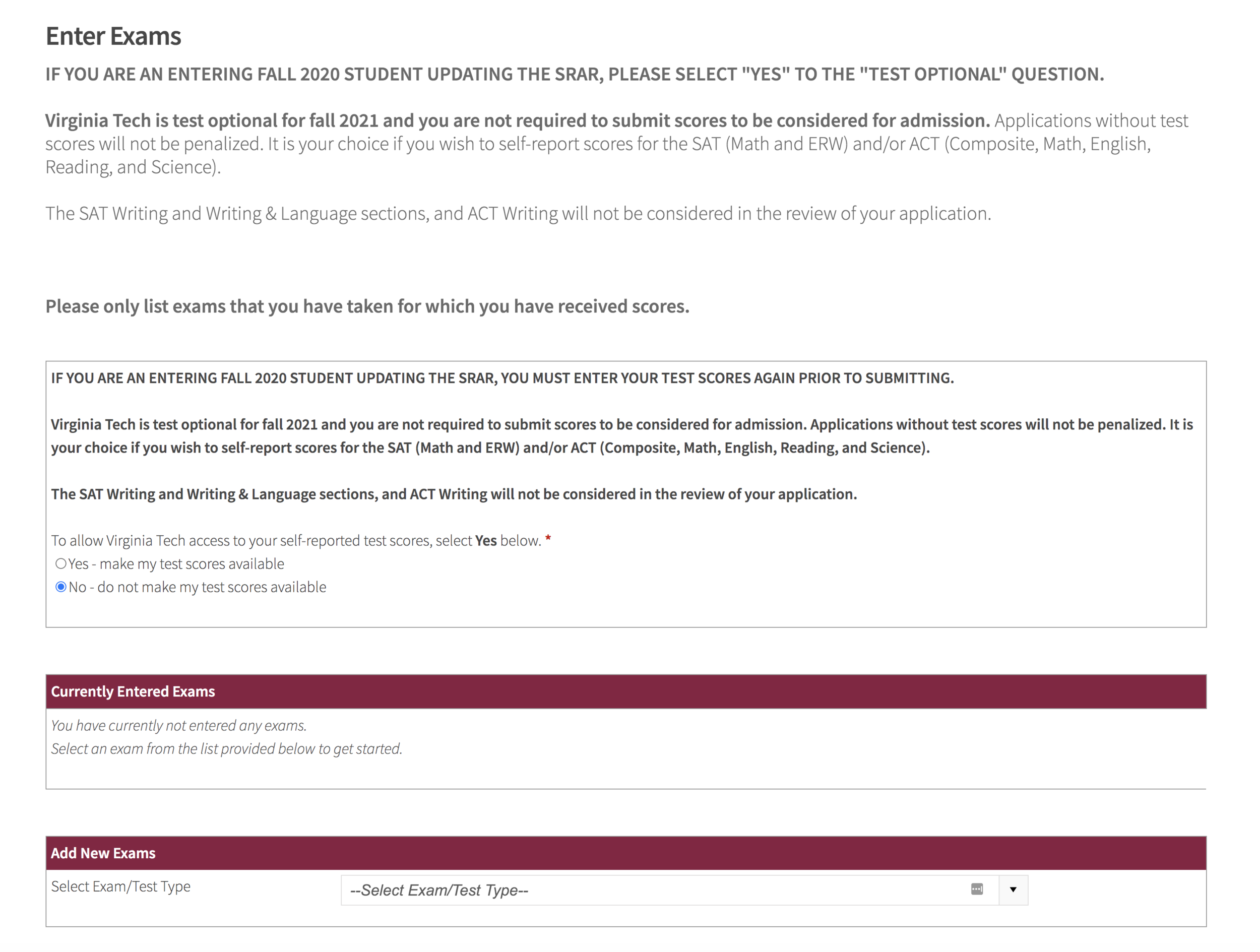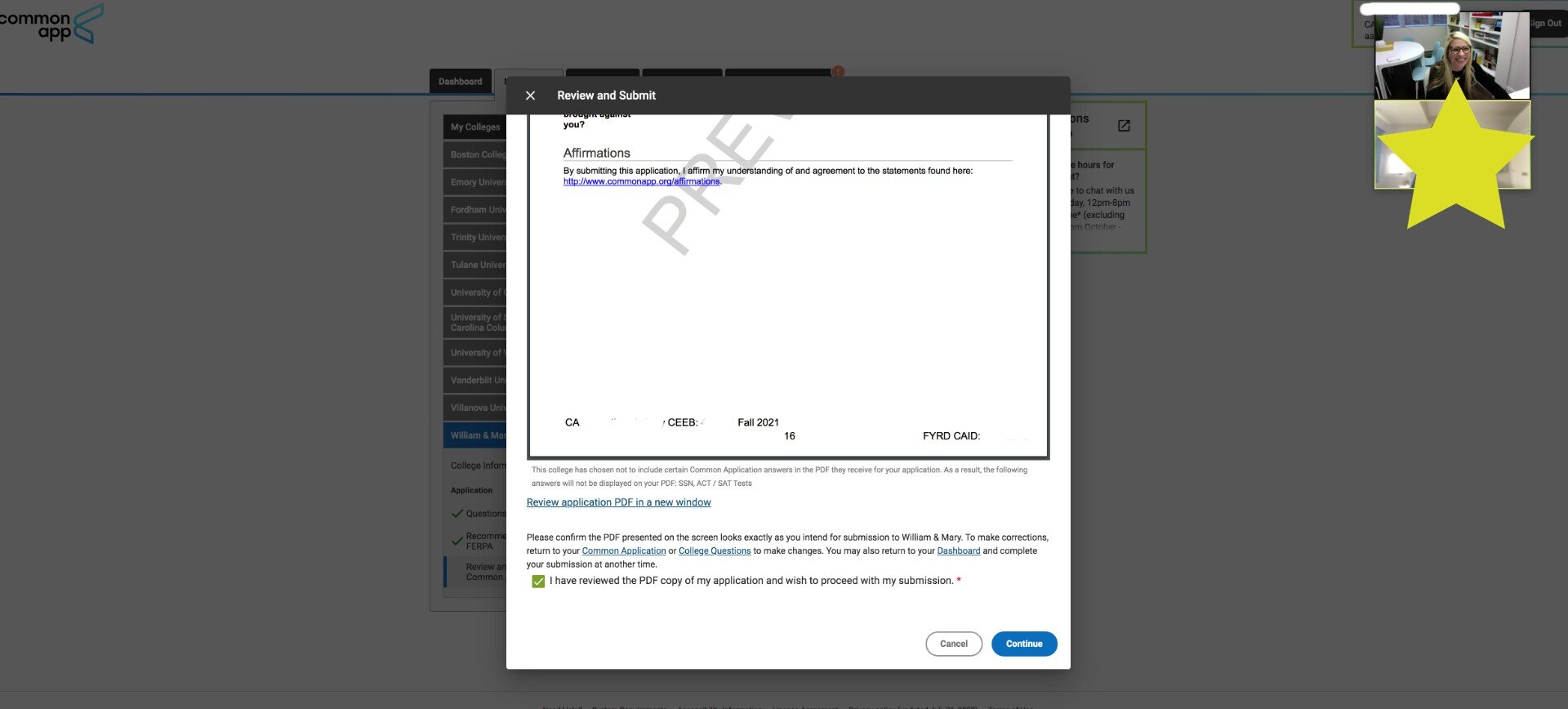It’s a rainy weekend ahead, so we’ve got some good reads to keep you busy!
BIGGEST COLLEGE-RELATED NEWS OF THE WEEK
ABA COMMITTEE RECOMMENDS THAT LAW SCHOOLS STOP REQUIRING LSAT
A committee from the American Bar Association has advised the organization to put out an official recommendation for law schools to stop requiring the LSAT (or other standardized tests) as a factor in admissions decisions. They are not endorsing test-blind admissions, in which the organizations cannot factor in test scores, but believe that the schools should instead have the option.
Of course, the Law School Admissions Council (LSAC - the organization behind the LSAT) continues to stand by the importance of the test. It’s a tough decision, because higher LSAT scores are directly correlated with bar passage rates, so it’s easy to make the argument that they are important. At the same time, there are equity issues involved - test prep is very expensive, and under-represented groups traditionally score lower on the LSAT. Stay tuned on the final ABA decision!
FIRST WEEK OF AP EXAMS ARE OVER!
We have gotten a lot of panicked emails from families this week about the importance AP exams - I know they are stressful! I do think that these have become more important for students applying to highly selective schools now that the SAT Subject Tests are no longer. Unfortunately, students will not have scores for quite a while, but sometimes they feel less anxious after reviewing the free-response questions after the exams take place in order to get a sense of how their answers might stack up.
COLLEGE STUDENT SALARY EXPECTATIONS ARE WAY OFF FROM REALITY
The Class of 2022 is rather optimistic about the job market, believing that their average starting salaries will be approximately $104,000. Every single group of majors overestimated what they’d earn, with journalism majors overestimating by 139% and computer science majors overestimating by “just” 27%. It’s all about the power of positive thinking, right? :)
BEST ARTICLES OF THE WEEK
If you are a data geek like me and want to read more about how everything stacked up in the bloodbath that was the 2021-2022 college admissions cycle, don’t miss this CTAS Higher Ed Business report - it’s probably the most comprehensive piece I’ve read so far. They share that UCLA received more applications than any school in the country - just under 150,000. CRAZY!! Some of the other UC schools were next up in terms of volume, before NYU at 105,000 applications and Northeastern with 91,000. This represents increases of 30-40% for each of those schools since 2020.
But what I found most interesting were some of the schools that were specifically identified as having the most growth on a percentage basis rather than straight volume. Colgate is apparently the new hot school, along with other smaller schools like Macalester, Tufts, Dickinson, and Williams. As for the schools bucking the trends: Bowdoin, Tulane, and Pitzer. They had a particularly interesting theory about Tulane, so read the report!
That said, if you weren’t happy with your student’s 2021-2022 outcome - all is not lost! Check out this Washington Post piece about transfer admissions, which gives readers an inside look about the transfer process as well as the most recent statistics. It’s fascinating that some schools (like UVA, which this article covers heavily) are so much easier to get into via the transfer pathway and yet others are even harder than they were during the first-year admissions process.
Not quite an article, but I’ve been listening to a series on Freakonomics Radio that has been going viral in the college admissions world. First, What Exactly is College For?; then The University of Impossible-to-Get-Into; and yesterday, I Don’t Think the Country Is Turning Away From College. They are definitely worth a listen. Also, if you are a student looking for some summer reading, I HIGHLY recommend reading Freakonomics: A Rogue Economist Explores the Hidden Side of Everything - by Steven D. Levitt & Stephen J. Dubner. If I had a top ten list of books everyone should read, this would be on it - really makes you think about things differently!
OFFICE HAPPENINGS
It was a relatively quiet week this week because of AP exams, although we had a lot of new client consultations! If you are considering services for your Class of 2023 student, we are very close to reaching capacity and will soon move to our Late Start Waitlist. Our services will be valuable up until the very last minute, but there’s no question that the entire process is more stressful for students who start later.
Happy Mother’s Day to all the moms out there! One of my own mom’s favorite sayings is “Little kids, little problems; big kids, big problems.” The older my own kids become, the more I realize how true that is and how incredibly stressful and challenging it can be for moms of teenagers today. We hope that all of you are able to relax and let somebody else handle all the problems (and reminders!) on Sunday :)


















